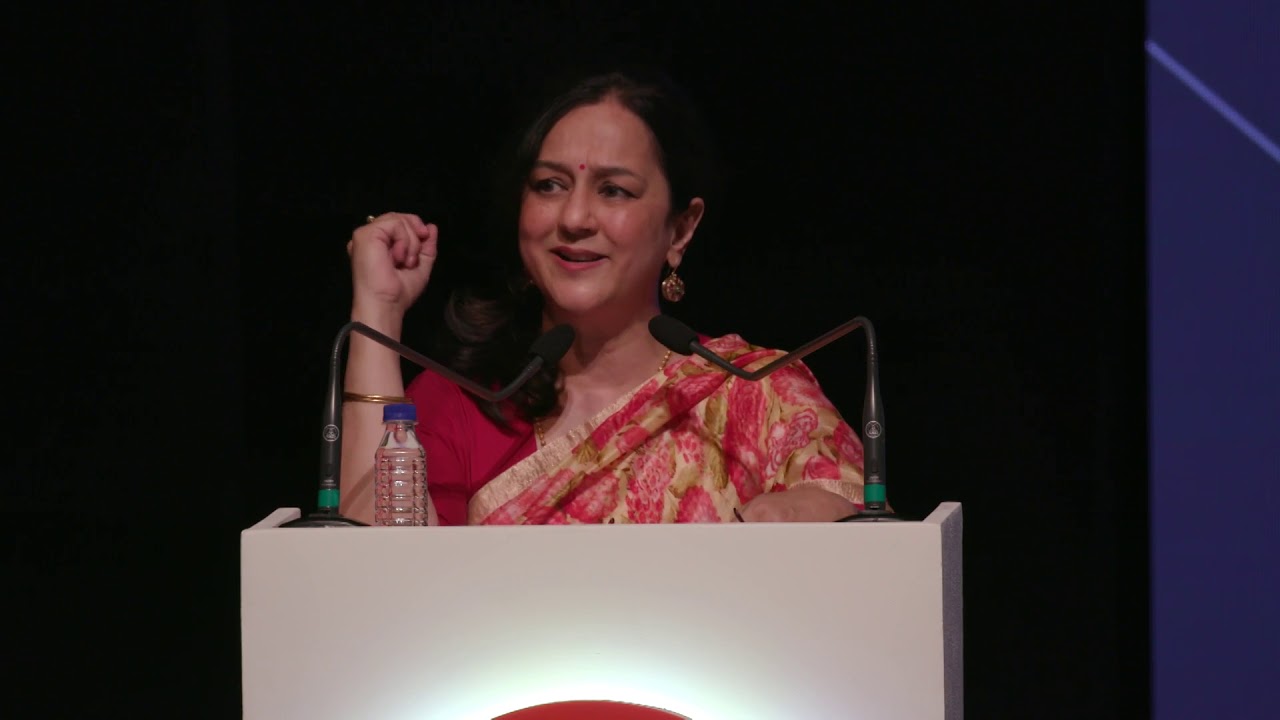The Union Cabinet recently cleared amendments to the Maintenance and Welfare of Parents and Senior Citizens Act, 2007. The amendments, according to reports, expand the list of those responsible for looking after aged family members. Now not just biological children, but also sons-in-law, daughters-in-law, adoptive and stepchildren will be liable. Official caregivers who fail to comply can face a jail term of up to six months, against the current maximum of three months, if these amendments become law.
As ordinary citizens, we don’t spend much time reading about and thinking through the creation of new laws or amendments of old ones. We forget that the main constitutional responsibility of the MLAs and MPs that we vote for is law making, and oversight of the executive to implement those laws. During my husband’s 2014 election campaign, I did not hear a single voter mention this aspect of the legislator’s role. Most were concerned with local issues, which they felt helpless to address, and expected the MLA and MP to personally deliver on.
Yet, it is good laws that make for the good, functional society that most voters crave. Good laws are fair, do not discriminate against any group and are reasonably implementable. These create the very bedrock, on which samaaj, sarkaar and bazaar can maintain co-operation and peace; be more productive and reach for higher goals.
Bad laws, on the other hand, can harass and persecute innocent people; put the burden of proof on the citizen instead of on the accuser or the state; give excessive punishment; and create an atmosphere of fear. They also create opportunities for rent seeking and corruption by putting excessive discriminatory power into the hands of enforcing authorities.
Once in a while, as in the Nirbhaya case, the broader middle classes get agitated and rightfully express rage and helplessness. This creates the environment for passing newer, harsher laws or amendments for terrible crimes.
Unfortunately, there is little evidence that more severe punishment in the law acts as enough deterrence for future similar crimes. Recent events in Unnao and Hyderabad require us to pause and think, even as we grieve.
Societies have debated the severity of punishment for vile acts over millennia, with complex moral arguments on both sides of the question.
But citizens and society should pay more attention to the trend of over-criminalisation of common human failings and frailties. Some laws have moved issues from the civil to the criminal domain with severe penalties and jail sentences for non-compliance. This is by no means new. But recent Parliament sessions have been more productive than ever in terms of both attendance and legislation, though there has been very little substantive discussion on the Bills. And this has led to even more policies, bills and laws that fall into this category.
Let’s take a few examples, in addition to the proposed amendment on parent welfare.
The Banning of Cryptocurrency and Regulation of Official Digital Currency Bill, 2019 proposes up to 10 years in jail for possession and trading in cryptocurrency. Recent amendments to the Motor Vehicles Act include prison terms for certain violations, such as driving an uninsured vehicle. The Muslim Women (Protection of Rights on Marriage) Act, 2019, declares triple talaq a criminal offence, punishable with 3 years’ imprisonment. The Union government recently banned e-cigarettes and now, even just the storage of them can merit a jail term of up to six months for the very first offence. Offences on a private member’s bill to prohibit Paan and Gutka similarly proposed a criminal liability of 10 years’ imprisonment. The Central Goods and Services Tax Act, 2017, introduces greater scope for GST officers to arrest tax evaders and offences are non-bailable if the amount involved exceeds Rs 5 crore.
A similar attempt at criminalisation was made for non-compliance of the obligations for Corporate Social Responsibility. Every officer of the company in default could face imprisonment for up to 3 years. That received such a reaction from powerful corporate lobbies that it was withdrawn in a hurry. But not every policy or law has an affected constituency with such a direct line to the government as business does.
These are just some examples of a creeping trend that should worry us all. Criminal law may be quite unsuited to address many societal issues. Some of them are about inter-personal obligations and duties, such as the very basic duty to look after your own parents who gave you life. Others affect individuals and create private wrongs and may not require a public law remedy, or may have already a civil law remedy.
Equally importantly, if ‘justice delayed is justice denied’, we have to think of the implication of more and more offences that lead to more and more imprisonment. It takes up tremendous resources of the state. Our prison system is already over crowded, with absolutely inhuman conditions. A majority of prisoners are under-trials, which means that their guilt has not yet been proven. None of us would like to be imprisoned without a just verdict.
Maybe it is time to reflect and reimagine what issues belong to samaaj to address, however slowly and painfully, and which must fall to the state or sarkaar to uphold. Meanwhile, let’s communicate strongly to our legislators. Let’s hold lawmakers accountable to draft, to pass and to uphold good laws that work for citizens and not against them.

